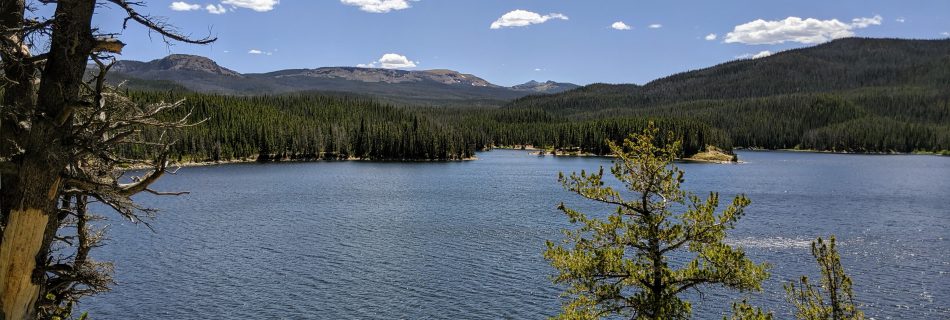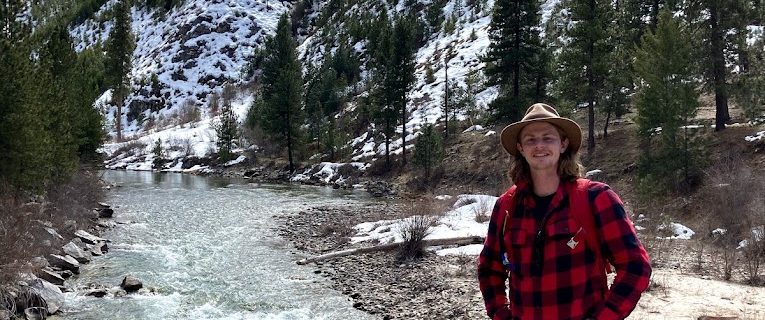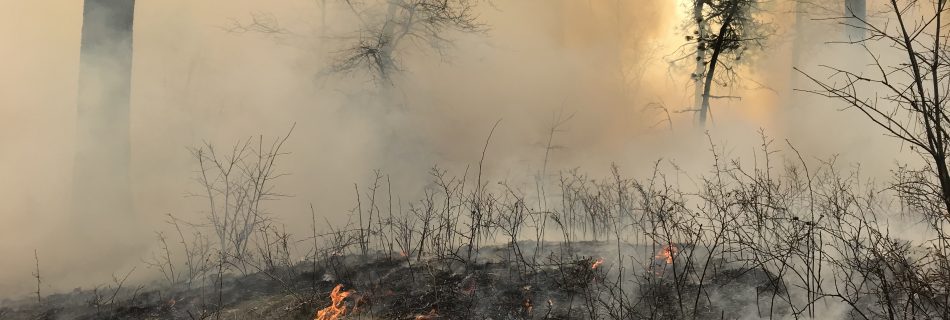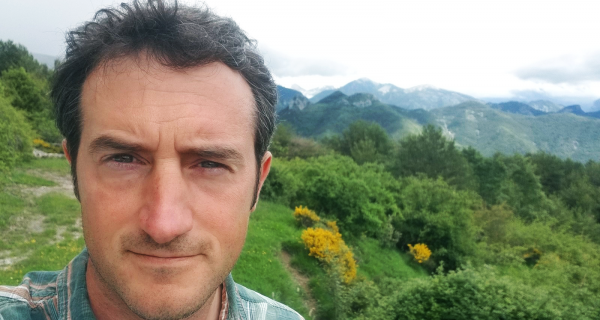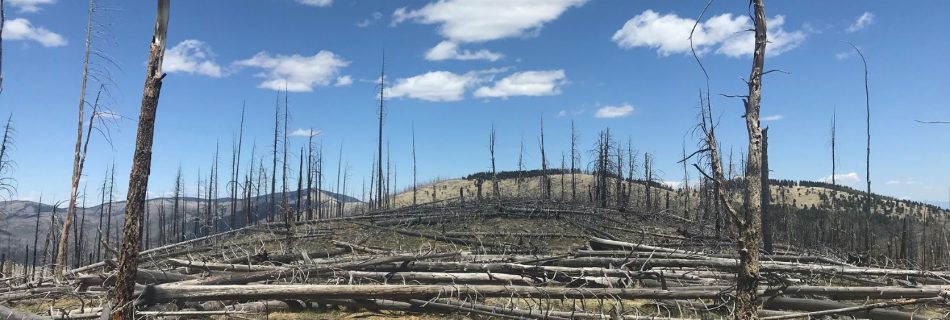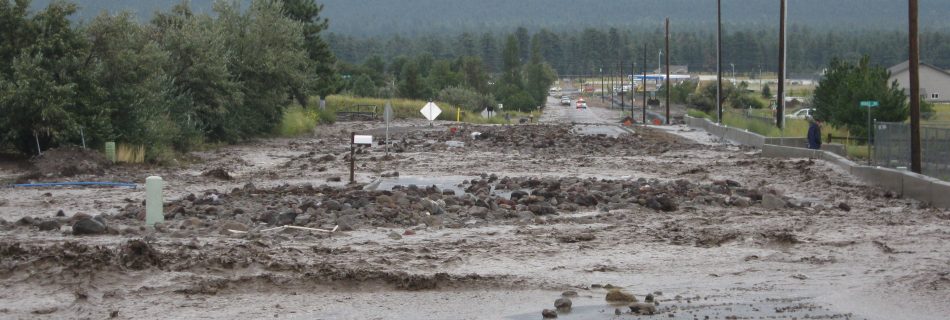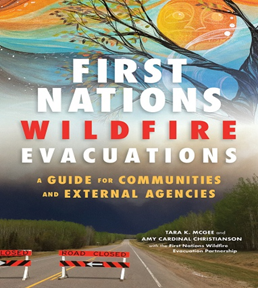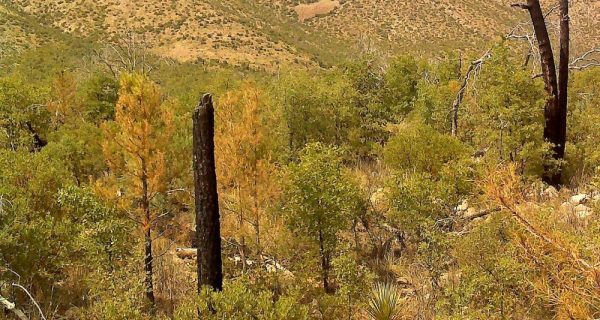Protecting Denver’s Water Supply
Presenter: Dr. Kelly Jones, Associate Professor of Ecological Economics with Colorado State University, Human Dimensions of Natural ResourcesDate: June 22, 2022 11am AZ/12pm MDT Collaboratively-funded fuel treatments are becoming more common in the western U.S. to proactively address wildfire impacts. Water utilities often play an important role in these collaborations and are motivated by the …

